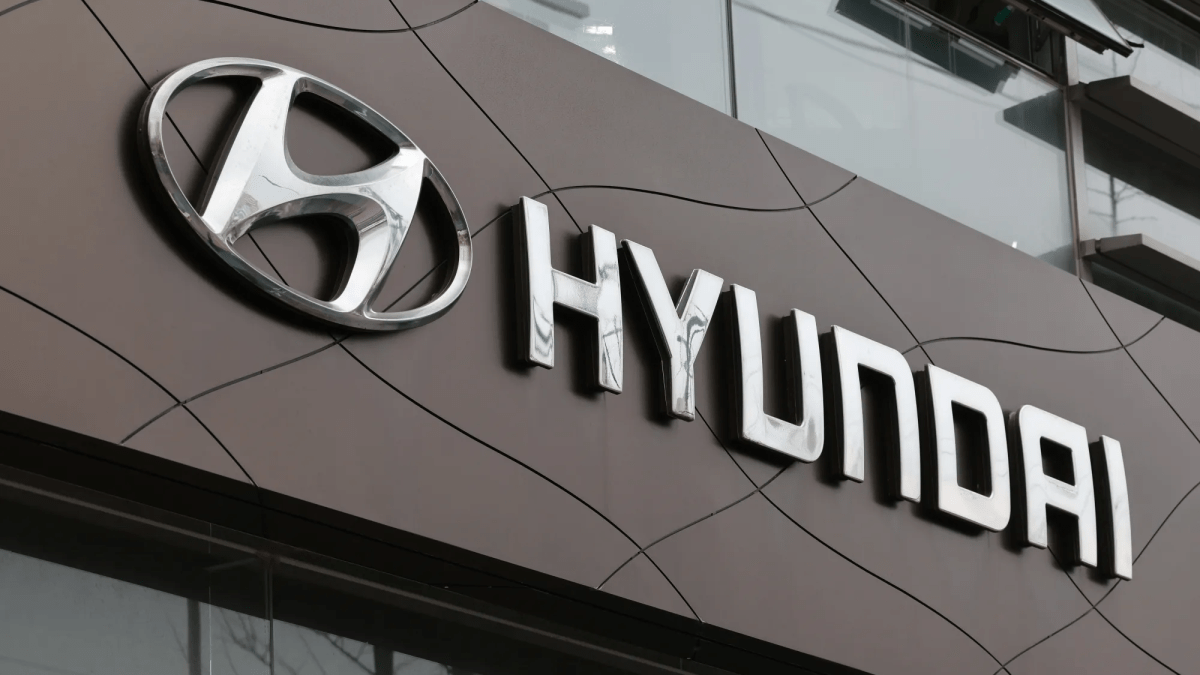Hyundai Motor said on Tuesday its first-quarter net profit jumped 92 percent from a year earlier on increased production and an improved product mix.
Net profit for the three months ended in March rose to 3.42 trillion won ($2.56 billion) from 1.78 trillion won during the same period of last year, the company said in a statement.
The net result was buoyed by increased vehicle production amid improving chip supplies, robust sales of high-margin SUVs, and the won’s weakness against the US dollar, reports Yonhap news agency.
The dollar rose to an average of 1,275.58 won in the first quarter from 1,204.95 won a year earlier, according to data from the Bank of Korea.
“Increasing vehicle production as a global chip shortage eases and low inventories in major markets are expected to prop up the bottom line in the second quarter,” Seo Gang-hyun, executive vice president in charge of Hyundai’s finance and accounting division, said in the company’s earnings conference call.
He expected geopolitical risks that include the Russia-Ukraine war and unfriendly business environments, such as interest rate hikes, may drive down demand in coming quarters.
To improve profitability, the company will launch the all-new Santa Fe SUV and other models this year, with a focus on expanding output and sales of high-end vehicles, including Genesis models, this year.
Analysts expected Hyundai Motor will continue to report robust earnings results throughout the year as vehicle demand is expected to remain strong.
“While making efforts to minimize the impact of the U.S. inflation act in the next one to two years, Hyundai will be able to benefit from a tailwind in the market where demand is strong on improved productivity and brand awareness,” Kim Jin-woo, an analyst at Korea Investment and Securities, said by phone.
The Inflation Reduction Act (IRA), signed into law by US President Joe Biden in August, gives up to $7,500 in tax credits to buyers of EVs assembled only in North America, sparking concerns that Hyundai Motor and Kia could lose ground in the U.S. market, as they make most of their EVs at domestic plants for export to the U.S.
On Tuesday, shares in Hyundai Motor Group’s affiliates advanced on the robust quarterly results and its plan to build a 6.5 trillion-won battery plant in Georgia under a 50:50 joint venture with SK Group’s battery unit SK On.
Operating profit soared to a record quarterly high of 3.59 trillion won from 1.93 trillion won a year ago. The operating profit margin rose to 9.5 percent in the March quarter from 6.5 percent a year ago.
Sales were up 25 percent to 37.78 trillion won from 30.3 trillion won during the cited period.
In the first three months, Hyundai sold a total of 1,021,712 vehicles in global markets, up 13 percent from a year earlier.
To enhance its shareholder value, the maker of Sonata sedans and Santa Fe SUVs will provide dividends four times a year, or on a quarterly basis, and cancel 1 percent of its treasury stocks each year in the next three years from 2023.
Bijay Pokharel
Related posts
Recent Posts
Subscribe

Cybersecurity Newsletter
You have Successfully Subscribed!
Sign up for cybersecurity newsletter and get latest news updates delivered straight to your inbox. You are also consenting to our Privacy Policy and Terms of Use.





